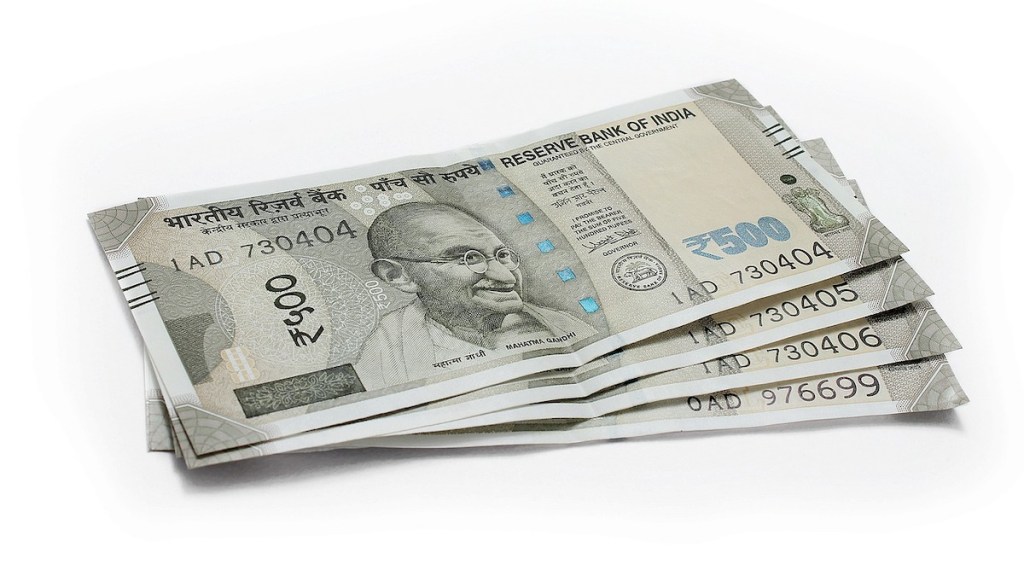By Aritra Banerjee
Beneath the proud banner of India’s Armed Forces, a battle of a different kind is being waged. It’s not a conflict marked by the roar of artillery, but by the silent struggle against words and policies. This is a fight against an internal system that, tragically, strips away the dignity and support of those who have pledged their lives to serve – the cadets who, due to medical conditions, have been boarded out.
Since 1985, nearly 448 of these youngsters, toiling to become officers at the various pre-commission training (PCT) institutions like the National Defence Academy (NDA), Indian Military Academy (IMA), Indian Naval Academy (INA) Air Force Academy (AFA), Officers Training Academy (OTA) Chennai, OTA Gaya, and the three Cadet Training Wings (CTWs), have been medically discharged, many battling severe conditions. This is their story, a tale of courage, resilience, and an unwavering pursuit of justice.
These cadets, disabled and discharged, are granted a monthly allowance. Yet, this is not recognised as a disability pension, but rather as an “ex-gratia” award. This seemingly harmless term carries a heavy burden. It prevents these cadets from being recognised as “ex-servicemen” (ESM), denying them the medical cover and other facilities that pensioners are entitled to.
The provision for Disability Pension has been in existence since 1934, as per the War Dept (Army Branch) Letter No 89421/1/1/AG-14(b). However, the 1996 policy for monthly ex-gratia did not acknowledge this ex-gratia as a pension, despite the existence of a provision for adhoc pension. This policy has faced numerous challenges, with multiple recommendations from the Services to grant disability pension to cadets being repeatedly dismissed by the Ministry of Defence (MoD).
The disparity between cadets and recruits is glaring. Both receive a stipend during training and arrears upon completion. Yet, in 2006, while the proposal for disability pension and ESM status was granted to recruits, it was denied to cadets. This raises a poignant question: If the stipend of recruits can be treated as pay, why not that of cadets?
Furthermore, it presents a conspicuous contradiction that while deducting income tax the stipend of cadets is considered salary but the same stipend is not recognised as salary for the purpose of granting disability pension. This inconsistency in treatment highlights a significant dichotomy in the system.
A committee of experts set up by the then Defence Minister in 2015 recommended the change in nomenclature and enhancement of the amount in line with the remuneration of an officer. Despite unanimous agreement among all stakeholders, the Department of Ex-Servicemen Welfare (DESW) failed to implement the committee’s recommendation.
The department cited contrived conditions for implementation, such as the need to change recruiting rules and count training as service. However, the Judge Advocate General (JAG) Department, the principal legal advisor on military matters, proposed that the desired objective could be achieved by inserting a separate ‘SubSection-Il A’ in ‘Chapter IV’ of the existing Pension Regulations for the Army, 2008 (Part-l).
The quest for justice has been taken up by the families of these cadets. Mrs Jaya Shubhey Madan, the widow of Late Officer Trainee T/5907 Sandeep Madan, approached The High Court of Punjab and Haryana. The court issued directions, urging the Defence Ministry to act in a time-bound manner and avoid unnecessary litigation. Despite the directive of the court the MoD did not respond at the time.
A contempt petition had to be filed. In the hearings of the contempt petition the government side committed multiple times that the proposal to grant disability pension to cadets is being favorably considered. However after maintaining this stand for a long period they finally rejected the proposal of the armed forces.
The battle for these cadets’ rights is far from over. The recommendations of the services have been rejected on whimsical grounds. Now, with the Department of Military Affairs (DMA) under the leadership of the Chief of Defence Staff (CDS), this long-standing anomaly must be addressed. It is time to restore the dignity and support that these brave cadets deserve, by granting them the disability pension and ESM status. It is time to triumph in this unseen battle.
The author is the co-author of the book ‘The Indian Navy @75: Reminiscing the Voyage’ and was the co-founder of Mission Victory India (MVI), a new-age military reforms think-tank. He has worked in TV, Print and Digital media and has been a columnist writing on strategic affairs for national and international publications.
Disclaimer: Views expressed are personal and do not reflect the official position or policy of Financial Express Online. Reproducing this content without permission is prohibited.


